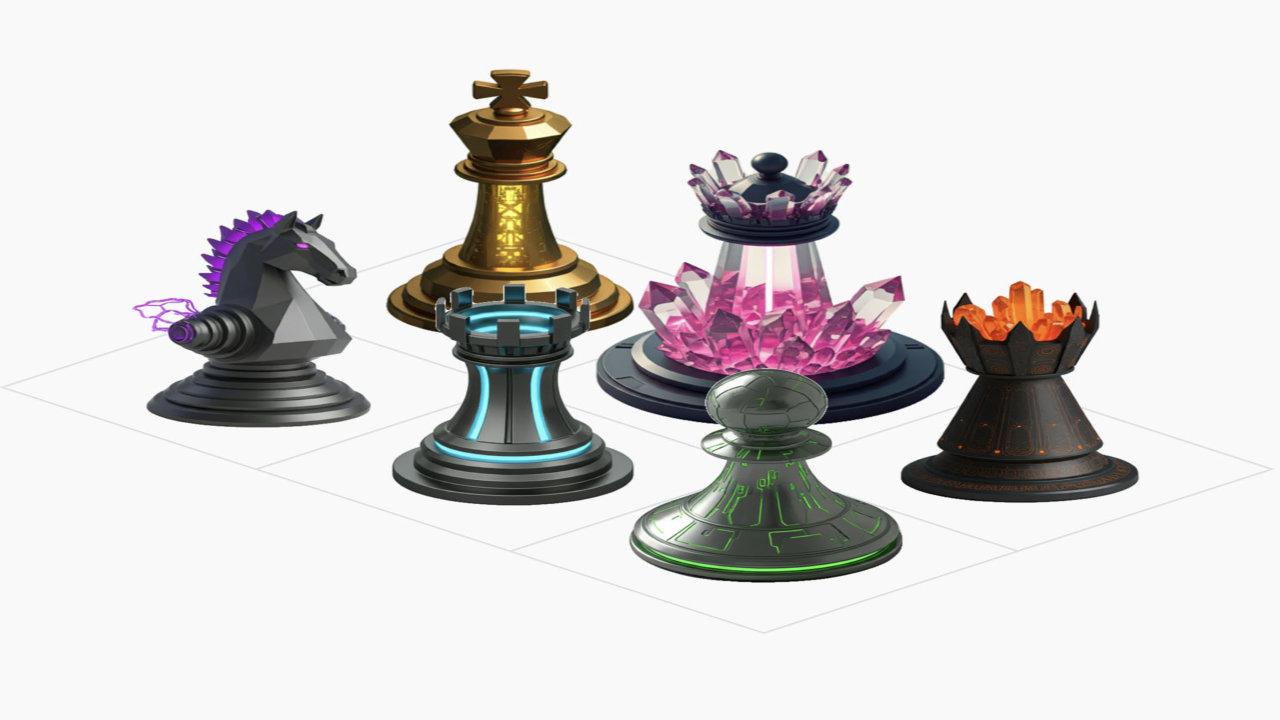Elon Musk's AI Chip Diversion: Tesla's Autonomy Plans Threatened
Elon Musk's decision to divert thousands of AI chips from Tesla to his social media company X could delay the automaker's transformation into a leader in AI and robotics. This move raises concerns about Tesla's autonomous driving ambitions and the potential impact on investors.

In a surprising move, reports suggest that Elon Musk, the visionary behind Tesla, has ordered the diversion of thousands of Nvidia-made AI chips from his electric vehicle company to his social media platform, X. This decision could have far-reaching consequences for Tesla's ambitious plans to become a leader in AI and robotics, potentially delaying the company's transformation and its highly anticipated robotaxi launch.
According to emails obtained by CNBC, Musk has prioritized the deployment of these AI chips at X, particularly its AI subsidiary, xAI. This move conflicts with Tesla's previous statements about increasing its acquisition of Nvidia's H100 chips to power its autonomous driving features and robotics initiatives.
The impact of this decision could be significant. Tesla was slated to acquire $500 million worth of AI processors to support its transition into an AI-driven company, as Musk had outlined during recent earnings calls. However, the diversion of these critical chips to X threatens to delay Tesla's technological advancements and the rollout of its much-anticipated robotaxi vehicle, scheduled for unveiling in August.
This development raises concerns among Tesla investors, who have been betting on Musk's promise of fully autonomous vehicles. Tesla's Autopilot and Full Self-Driving features, which are the foundation of the company's autonomy efforts, have come under scrutiny due to hundreds of crashes, some of which have resulted in fatalities.
Musk's decision to prioritize his AI startup, xAI, over Tesla's own AI ambitions is a bold move that pits the company against the likes of OpenAI, Google, and other prominent players in the generative AI race. xAI recently announced a $6 billion funding round, signaling its intention to develop advanced products and the necessary infrastructure to support them.
Nvidia, the supplier of these AI chips, has become a powerhouse in the industry, with its GPUs powering the AI aspirations of various companies. The high demand for these chips, driven by the rise of cloud computing and generative AI, has propelled Nvidia to become the third most valuable company in the world.
As Musk's actions continue to make headlines, Tesla investors and enthusiasts will be closely watching the implications of this move on the company's long-term strategy and its ability to deliver on its promises of autonomous driving and robotics leadership. The stakes are high, and the outcome of this decision could significantly impact Tesla's competitive edge and its standing in the rapidly evolving automotive and AI landscape.
What's Your Reaction?





















